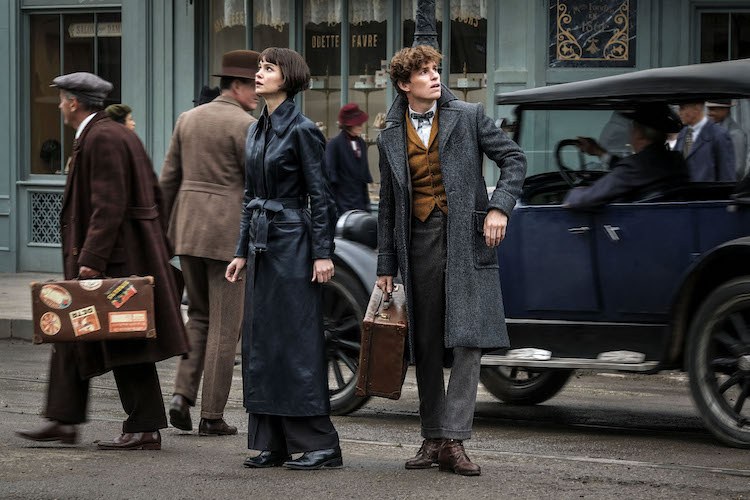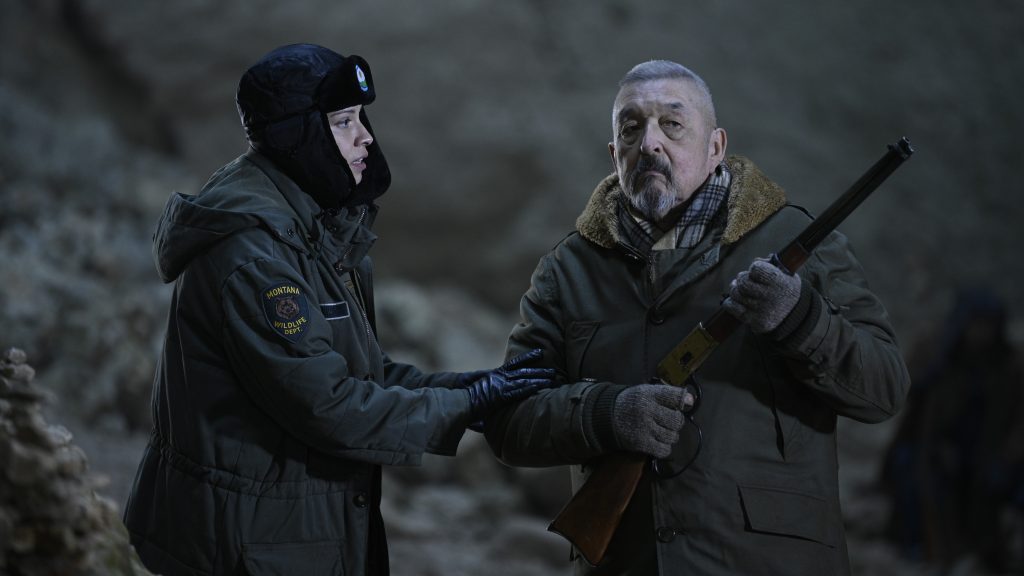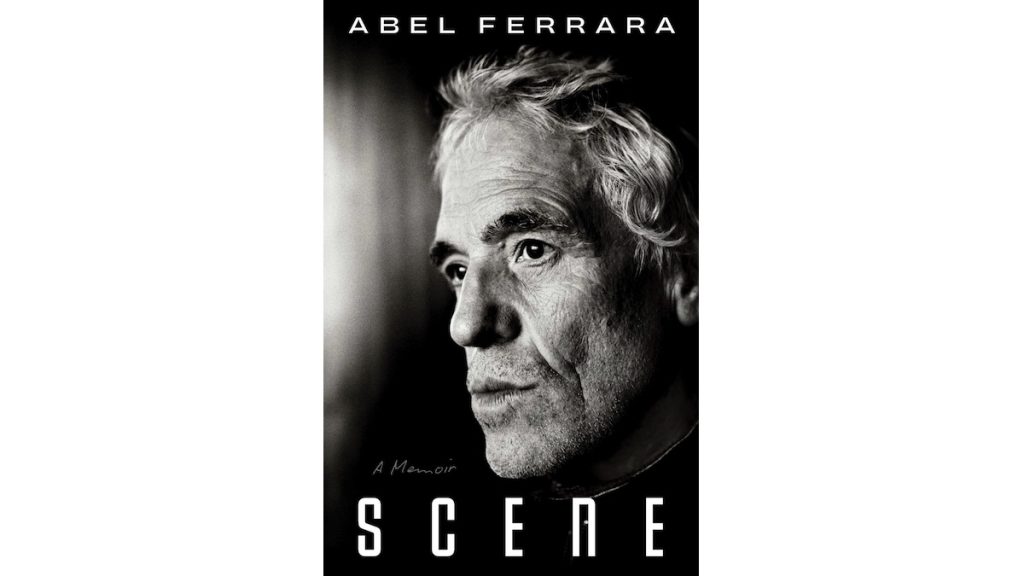The biggest crime in Fantastic Beasts: The Crimes of Grindelwald surprisingly isn’t one perpetrated by Johnny Depp (though he’s definitely a problem). What makes this sequel to Fantastic Beasts and Where to Find Them such a frustrating experience is that everything about it — save for the beasts themselves — feels so distinctly … underwhelming. As it turns out, Warner Bros.’ notably flawed franchise approach extends beyond the DC universe and into the wizarding world of Harry Potter.
As with its predecessor, Fantastic Beasts: The Crimes of Grindelwald takes place BP, or Before Potter. Picking up not long after Fantastic Beasts and Where to Find Them, the sequel finds Johnny Depp’s Grindelwald escaping custody while the core protagonists have been scattered: Tina (Katherine Waterston) is in Paris, searching for Credence (Ezra Miller), who survived the climax of the first film and is on a quest of his own to find his biological family. Jacob’s (Dan Fogler) memories have returned and he’s been reunited with Queenie (Alison Sudol), who’s desperate to marry her no-maj (or non-magic) companion despite the Ministry of Magic’s strict rules against wizard and human pairings. And then there’s Newt (Eddie Redmayne), who turns down a job offer from the Ministry, which wants him to hunt and capture Credence (and not for friendly reasons). With the exception of Credence’s arc, the first film isn’t exactly required viewing to follow the events of the sequel. The main characters are more or less where we left them, or in the general vicinity.
Enter Albus Dumbledore (Jude Law), aka Hot Young Dumbledore, who makes Newt an offer he can’t refuse: Find Credence and protect him from the malevolent influence of the escaped Grindelwald. Why doesn’t the most powerful wizard (or one of them, anyway) just do it himself? Well, there are reasons, which are inevitably revealed in the third act.
Unlike the first film, the sequel, directed by Potter vet David Yates, is more preoccupied with establishing direct connections to J.K. Rowling’s canon in ways that often unfortunately evoke the Star Wars prequels. In addition to the complete absence of stakes (we know that Grindelwald will ultimately be defeated by Dumbledore), there is an utter lack of character development — pivotal events and character beats that should be emotional are somewhat hollow as a result. The Crimes of Grindelwald is similar in this way to the DC universe, which rushed to introduce multiple characters instead of developing them individually, banking on brand recognition over world- (and character-) building.
Some of these attempts to connect the world of Fantastic Beasts with Harry Potter are rather heavy-handed — such as revealing that Voldemort’s pet snake, Nagini, was once a woman (Claudia Kim) who met Credence while performing with a traveling sideshow. Nagini has the ability to transform into a giant snake; due to an inherited blood-curse, she will eventually be permanently trapped in her reptilian form. Similarly ham-fisted is the reveal, in the film’s final moments, of Credence’s true origins. While the implications are certainly intriguing, it would be a more promising and effective development if the two hours that preceded it weren’t spread so thin. The Crimes of Grindelwald struggles to fit too many characters and stories into its runtime, and its lack of focus on any one or two in particular gives everyone the short shrift.
That includes Dumbledore, whose inclusion in the story — unlike Nagini, for instance — thankfully never feels forced. Much of the credit goes to Jude Law, who manages to give depth to a character whose history the film is determined to diminish. It’s absolutely bizarre that Rowling, Yates, et al., have been so outspoken in their defense of and loyalty to Johnny Depp in light of the domestic abuse scandal, yet when it comes to honestly depicting Dumbledore’s sexuality, they flinch. In a brief scene, Dumbledore reflects on his past with Grindelwald, with whom — by Rowling’s own canon — he shared a romantic relationship. You’d never know as much based on The Crimes of Grindelwald, which offers only the slightest implication of the extent of that relationship. It’s just vague and non-committal enough to allow Warner Bros. to have its cake and eat it, too. Of all the lessons to take from Disney’s successful franchises, that is perhaps the dumbest.
Which brings us to Grindelwald himself. If you had to cast an overtly aryan (even his hair is white) quasi-Hitler-type, then someone as terrible as Johnny Depp makes a certain amount of sense. He exploits the vulnerabilities of his fellow wizards during a big rally where he accuses the good guys of doing all the horrible things that Grindelwald himself is actually guilty of doing. When he incites one of his zealous followers to violence, he claims the Ministry shot first despite blatant evidence to the contrary. The parallels between Grindelwald and the Trump administration are obvious and deliberate, but undermined entirely by the casting of Depp — who, his personal life aside, has proven himself one of the laziest and unimpressive actors in recent memory.
The Crimes of Grindelwald isn’t completely unenjoyable. There are cute beasts, of course, and charming performances from Redmayne and Fogler as the socially awkward monster-hunter and his human sidekick, respectively. Fogler continues the fine work of transcending the pervasive stereotype of the schlubby guy who somehow lands the beautiful girl; there’s never any question as to why Queenie would hitch her wagon to Jacob, who is just so darn kind and lovable.
Perhaps the shortest straw was drawn by Ezra Miller, whose talents are far too great for the measly part he’s given. Credence’s struggle with his identity and powers is the stuff Harry Potter is made of, but it seems as though Rowling doesn’t understand what made her own stories work in the first place: We spent time with those characters, we watched them fight and fail and learn and grow. We cared because we were given reason, time and again, to care. It’s a shame to see Credence’s potential squandered on a story that amounts to little more than a thinly veiled metaphor: Two famous career-veterans — one great, one awful — engaged in a battle over Ezra Miller’s future.



